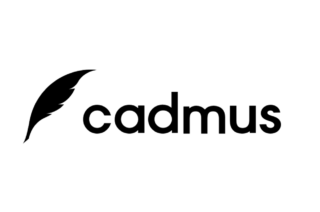Factsheet: Principles of Effective Feedback

Introduction
Effective feedback should be:
- Developmental – learners should be able to use feedback to improve their knowledge and skills.
- Timely – learners get more out of feedback when they can still remember what they were thinking when they did the task. They also need time to reflect on the feedback before the next assessment.
- Constructive – feedback should not de-motivate learners. It should increase self-efficacy by being realistic and focused on key areas to address.
- Clear – feedback should make it easy for learners to understand what they have done well and where they have gone wrong.
- Aligned to learning outcomes and assessment criteria – learners should understand how they are being measured against the assessment criteria, what makes a good outcome and what they need to do to produce a good outcome.
- Efficient – feedback should not take up too much staff time. With large groups of learners it is not always possible to give detailed feedback on each piece of work. Instead, give generic feedback to the whole group, provide detailed mark schemes and model solutions and provide an opportunity for learners to seek more detailed feedback individually.
Ideally, feedback should also be:
- Individual – feedback should be as personalised as possible, taking into account a learner’s previous achievements and their individual requirements. However, feedback comments should be about the work rather than the person.
- Student-led – encourage self assessment and peer assessment to increase feedback opportunities and develop reflective practice.
- Diverse – feedback may be delivered using verbal, written or online responses. Virtual tools such as discussion boards and community spaces can provide opportunities for peer feedback.
- Supportive – feedback should support learners and teachers in a process of continual improvement of standards and learner outcomes.
Where can I learn more?
- Nicol D. & Macfarlane-Dick, D. (2004). Rethinking Formative Assessment in HE: a theoretical model and seven principles of good feedback practice.


